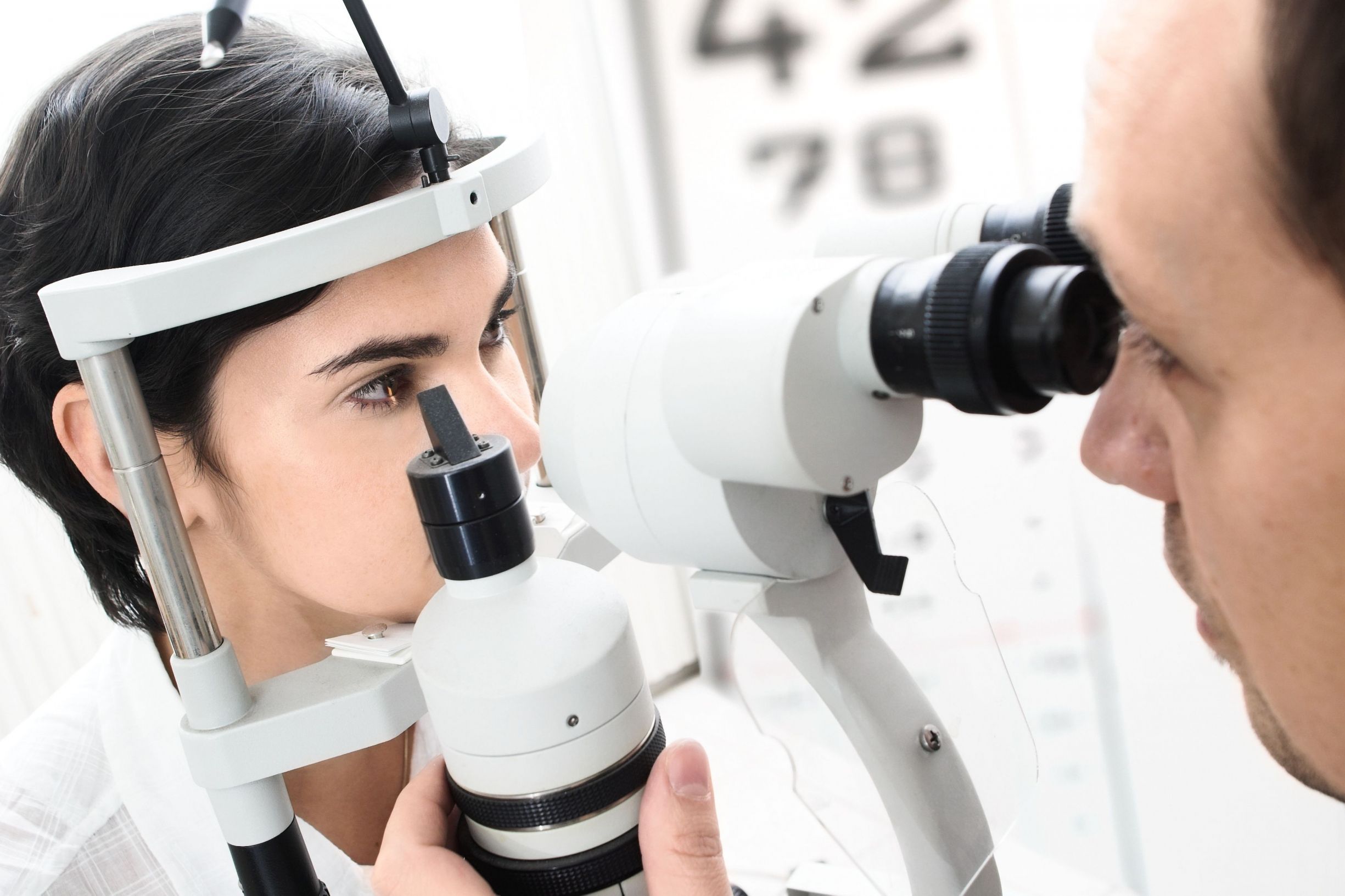Cataract surgery is one of the most common surgical procedures performed on the eye. It involves the removal of the cataract, the cloudy interior section of the lens, and replacing the natural lens with a cataract lens implant, also known as an intraocular lens (IOL).
What are IOLs?
An intraocular lens is an FDA-approved medical implant that is surgically inserted into the eye in place of the damaged lens. There are many different types of IOL to suit the different vision needs of each patient as many patients not only suffer from cataracts but also refractive vision issues. This can prevent the need to wear glasses or contacts after surgery.
Risks of cataract surgery
As with any surgery, there is always the risk of complication. Most complications with cataract surgery or IOLs are rare and can be easily fixed if you address the symptoms early on. Here are some possible complications with cataract surgery.
* Posterior capsule opacity
Posterior capsule opacity is a condition in which the posterior section of the lens capsule becomes cloudy and can exhibit the same symptoms as a cataract such as loss of vision or blurring. However, once a cataract is removed it does not return, posterior capsule opacity occurs due to cells growing on the outside of the lens which can be removed surgically with a laser.
* Macular edema
The macula is the central part of the retina which can become inflamed following surgery. This can cause central vision loss but can be treated with anti-inflammatory drops or steroid injections depending on the severity of the case.
* Retinal detachment
In rare cases, a small amount of vitreous liquid leaks through a small tear in the retina causing the retina to detach from the wall of the eye. This requires immediate medical care so if you experience dark patches in your vision or flashes of light, contact your doctor immediately.
Recovery after cataract surgery
To minimize the risk of post-surgical complications, it is important to follow a few simple steps during your recovery. Avoid vigorous activity that involves bending or lifting. Avoid getting water in your eye because it can cause an infection. Avoid performing tasks that expose your eye to irritants such as dust or grime. Use the prescribed eye drops in the days following your surgery and always sleep with your protective eye shield. You may also be given a pair of sunglasses to wear while outside to minimize light sensitivity.

Final thoughts
Cataracts can severely limit your ability to enjoy life fully. Lens replacement surgery is a safe and highly effective way to remove the cataract and restore your vision. Talk to your doctor about whether you are a candidate for cataract surgery so you can enjoy improved vision.


